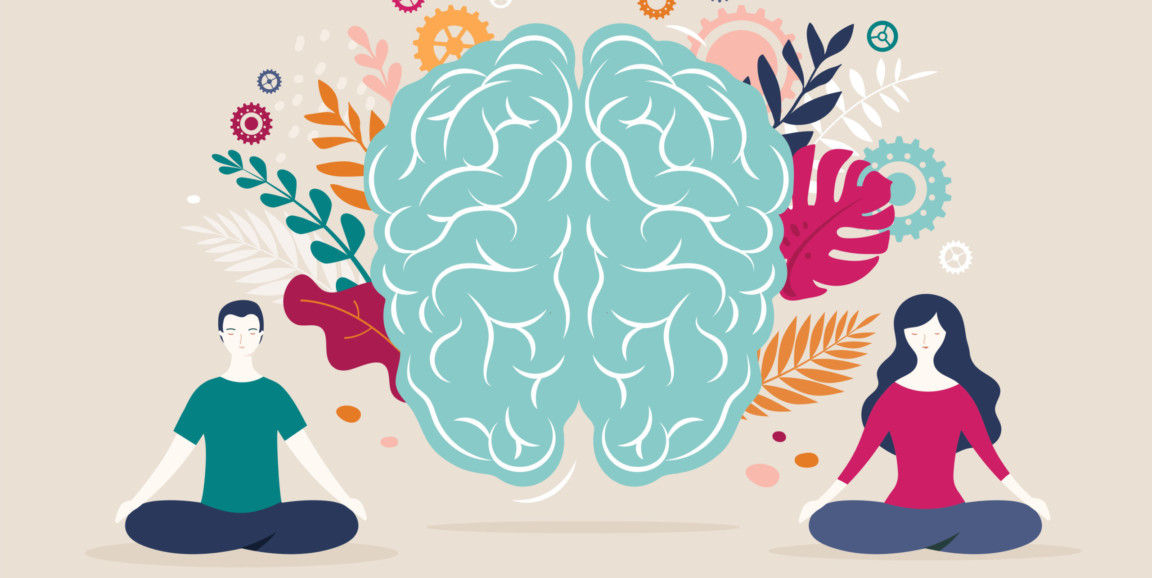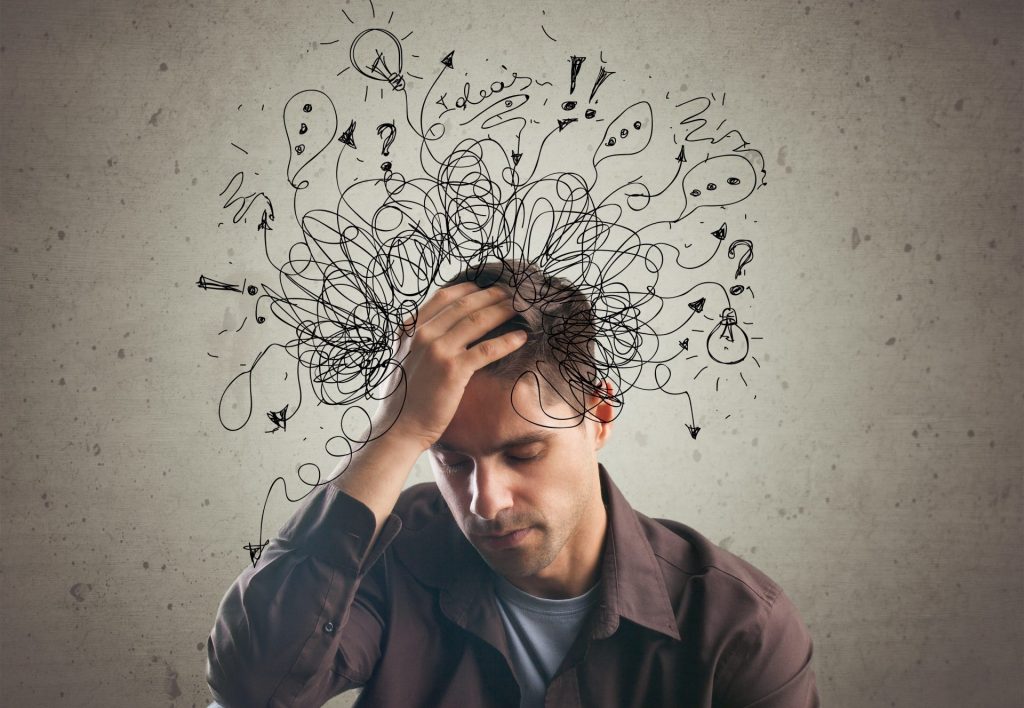
what are the The 7 Types Of Mental Disorders influence a huge number of individuals around the world, influencing their personal satisfaction and working in different viewpoints. Understanding the various sorts of mental problems is vital for perceiving side effects, looking for suitable treatment, and advancing mental prosperity.
Mental problems, otherwise called psychological sicknesses, are conditions portrayed by modifications in thinking, state of mind, conduct, or discernment that cause critical pain or disability in day to day working. These problems can influence anybody paying little mind to mature, orientation, or foundation, and they frequently require proficient intercession for the board.

Keeping up with great psychological well-being is fundamental for in general prosperity. Tragically, there is still disgrace encompassing psychological maladjustment, which can keep people from looking for help when required. Expanding mindfulness and testing generalizations are imperative strides toward advancing acknowledgment and backing for those encountering emotional wellness challenges.
The Analytic and Factual Manual of Mental Problems (DSM-5) is the standard grouping framework utilized by emotional wellness experts to analyze and characterize mental issues. It arranges messes into a few principal gatherings, each with its own arrangement of rules for determination and treatment.
Read More: Eat Your Way to A+ Health: Load Up on These Vitamin-Packed A-to-K
Uneasiness issues are portrayed by unnecessary trepidation, stress, or misgiving. Normal sorts incorporate Summed up Tension Confusion (Stray), Frenzy Problem, and different fears. These issues can fundamentally affect day to day existence and may require treatment or drug for the board.
Temperament problems include aggravations in mind-set or influence, prompting tremendous changes in profound state. Significant Burdensome Problem (MDD) and Bipolar Confusion are two notable models. People with state of mind issues might encounter times of extreme bitterness or happiness, influencing their connections and capacity to work.

Maniacal issues, like Schizophrenia, include disturbances in discernment, thinking, and conduct. Side effects might incorporate mind flights, hallucinations, and disordered contemplations. Treatment frequently includes a blend of antipsychotic meds and treatment to oversee side effects and work on working.
Eating Disorders
Dietary problems are described by strange dietary patterns and frequently co-happen with other psychological wellness issues. Anorexia Nervosa, Bulimia Nervosa, and Pigging out Turmoil are among the most well-known types. These issues can have serious physical and mental results whenever left untreated.
Behavioral conditions are persevering through examples of conduct, insight, and internal experience that veer off from social assumptions. Marginal Behavioral condition (BPD) and Self involved Behavioral condition (NPD) are instances of behavioral conditions that can altogether affect connections and social working.
Read More: Men's Mental Health: A Comprehensive Guide
Injury related messes, for example, Post-Horrendous Pressure Issue (PTSD) and Intense Pressure Problem (ASD), foster because of openness to awful accidents. Side effects might incorporate meddlesome recollections, aversion, and hypervigilance. Treatment, especially injury centered treatment, is frequently valuable for recuperation.
Substance-related and habit-forming messes include the abuse of medications or liquor, prompting huge impedance or pain. Normal models incorporate Substance Use Problem and Liquor Use Issue. Treatment normally includes a blend of treatment, prescription, and care groups.

Neurodevelopmental issues manifest right off the bat in adolescence and influence mind capability and conduct. Consideration Shortage/Hyperactivity Problem (ADHD) and Mental imbalance Range Issue (ASD) are two models. Early mediation and continuous help are pivotal for people with neurodevelopmental messes.
Rest wake problems upset typical rest designs and can prompt weakness, hindered mental capability, and mind-set aggravations. Sleep deprivation Confusion and Narcolepsy are instances of rest wake problems that require customized treatment ways to deal with further develop rest quality and by and large prosperity.
Dissociative issues include disturbances in cognizance, memory, character, or impression of the climate. Conflicting personality psychosis (DID) is an extreme type of dissociative problem described by the presence of at least two unmistakable character states. Treatment focused on incorporation and injury handling is the essential treatment approach.

Neurocognitive issues, previously known as dementia, result from neurological changes that influence mental capability and freedom. Alzheimer's Illness and Vascular Dementia are the most well-known types, described by moderate decrease in memory, thinking, and conduct. Early determination and the executives procedures can assist work on personal satisfaction for people with neurocognitive problems.
The 7 Types Of Mental Disorders envelop an expansive scope of conditions that influence comprehension, feeling, and conduct. Perceiving the side effects and looking for proper treatment are fundamental stages toward dealing with these problems and advancing mental prosperity. Expanding mindfulness and diminishing disgrace are vital for cultivating steady networks where people feel open to looking for help and backing.
Read More: Why Is Mental Health Important?
Disclaimer: SPIRITUAL DEVOUT claims no credit for images featured on our blog site unless otherwise noted. All visual content is copyrighted to its respectful owners.